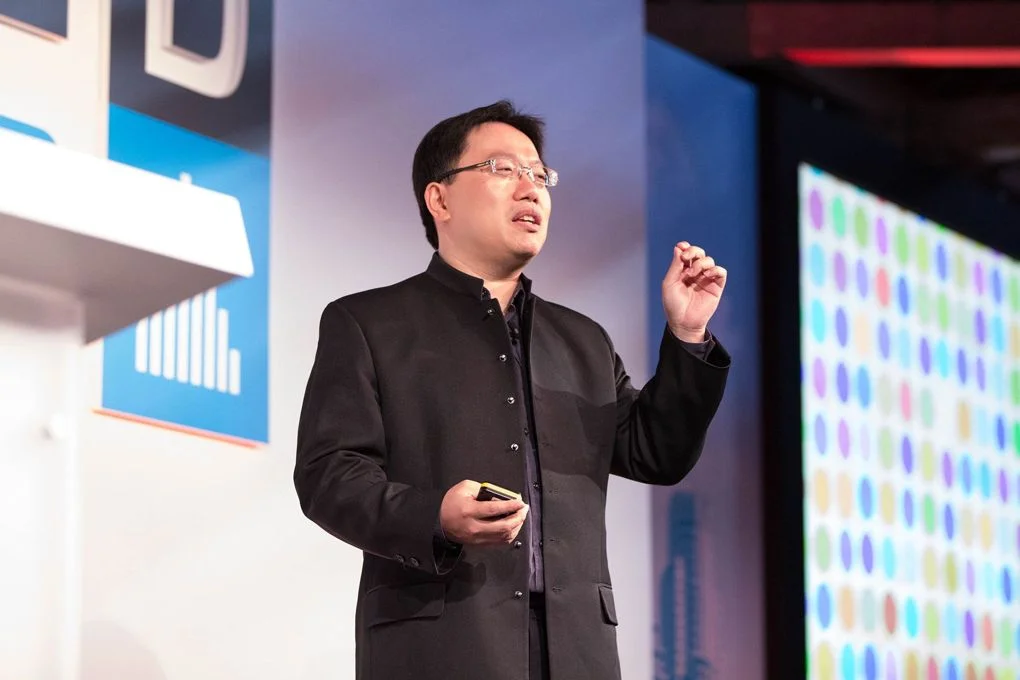Cancer has a new enemy. This blood test hunts down even the earliest traces of the disease
By Matthew Reynolds
Life expectancy in the developed world is higher than ever before, but longevity comes at a cost. If you live in the UK, there's a 50 per cent chance you'll develop cancer at some point in your life. But according to Jimmy Lin, the humble blood test is about to give humans the upper hand over this deadly disease.
"Cancer is a disease of ageing," Lin, geneticist and chief scientific officer of oncology at Natera, told the audience at WIRED2016. The World Health Organisation estimates there are about 14 million new cases of cancer every year, and predicts that figure will double by 2050. Currently, eight million people are killed every year by the disease.
By combining early intervention with an understanding of cancer genomics, however, mankind could be on the cusp of fighting cancer effectively and at scale. "We are at the intersection of three of the most exciting revolutions in cancer therapy," Lin said.
With his colleagues at John Hopkins University, Lin was among the first researchers to fully sequence the genome of cancer cells. As the cost of genetic sequence has plummeted from tens of millions of dollars to just a few hundred, clinicians are starting to understand more precisely how different cancers thrive within the body.
The second revolution, Lin said, is early detection. “We can start thinking about the ways we can start detecting DNA from cancer in your body at very early stages,” he explained. Blood is like a CCTV system for the human body – every drop contains barely detectable indicators that give clinicians clues about what’s going on in different parts of the body.
Lin and his team have developed extremely sensitive blood tests which can detect the earliest traces of cancer DNA within the bloodstream. His blood tests can detect one cancer molecule hiding among 10,000 other innocuous molecules. “If there’s even down to one centimetre of cancer in the lungs, we can find it,” Lin said.
Early detection is instrumental in curing cancer. If it’s detected at a late stage, ovarian cancer kills 90 per cent of women diagnosed with the disease. Catch it in stage one, Lin said, and that fatality rate drops to 20 per cent.
The final key to the cancer treatment revolution is understanding how our own genetics make us more likely to develop certain cancers. The more we know about which genes are linked to cancer, the more we can target early detection tests to people at risk of developing the disease.
“We’re potentially entering a golden age of cancer discoveries,” Lin said. He’s currently working on making early detection tests a routine part of annual health checks, letting doctors get ahead of cancer before it has a chance to take hold.

